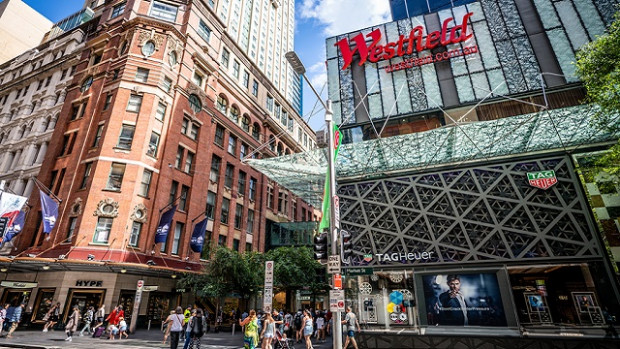

As retailers struggle with the ongoing crisis of COVID-19 and the impact the virus has had on customers and staff alike, more and more are beginning to shutter stores.
Whether in the name of cost saving or flattening the curve, it is becoming increasingly common to see sites locked down for the foreseeable future.
Premier Retail chief executive Mark McInnes hit out at landlords earlier this week, indicating the business is willing to close as many stores as it needs to to survive the current situation.
“Landlords have a major role to play to ensure retailers can operate in the short term for the long-term benefit of all stakeholders. Since the outbreak of COVID-19, we have closed two stores in Hong Kong and are prepared to close many more stores globally if landlords do not respond to the current crisis,” McInnes said.
And Wednesday’s announcement that shopping centres will remain open through the onslaught of retail closures put a spotlight on property operators to understand what they’re doing to support the industry.
In an announcement on Wednesday, Scentre Group chief executive Peter Allen asked customers to go about their day-to-day activities in Westfield Centres in a considerable and respectful way.
“We will continue to manage and operate our centres to ensure the wellbeing of our customers and retail partners,” Allen said.
“We are also working with our retail partners as they manage their business through this volatile period.”
While Allen didn’t specify how Scentre is working with retailers in the statement, there are very clear concerns for bricks-and-mortar retailers looking at ceasing trade.
Australian Retailers’ Association executive director Russell Zimmerman told Inside Retail earlier this week that the firm had received an influx of members asking for advice on what to do about their ongoing costs, such as rent and electricity, through this period of closure.
And that, unfortunately, should rent remain as it is retailers will need to look elsewhere to cut costs – typically in their labour.
“The obvious answer is if you don’t cut down [on wages], as much as you don’t want to, and you keep paying them you can’t afford rent and you’ll have one option which is voluntary administration,” Zimmerman said.
“Retailers are doing this to ensure their survival.”
Jirsh Sutherland’s national managing partner Bradd Morelli told Inside Retail earlier this month that the firm was shocked with how quickly business has been affected by the spread of COVID-19.
“For a lot of businesses this is the first time they’ve had an issue like this – there’s no financial baggage, but what’s happened is the sales have dried up and they’re conscious that they have a payment to make in a few weeks and now they might not be able to make it,” Morelli said.
“It’s totally new territory.”
However, property firms have not been immune to the crashing stock market. Just as retailers have seen their public value tumble, Scentre Group’s stock price has fallen 46 per cent during March, Vicinity Centres’s 42 per cent and Mirvac Group’s 35 per cent.
Retailers may want rent payments slashed, or deferred to a later date, but it isn’t clear what impact this could have on shopping centres moving forward.
On Wednesday Mirvac withdrew its forecasted FY20 earning guidance due to the uncertainty of the current climate, cancelling any forward-looking statements.
While ensuring stakeholders it is in a financial position to ride out a difficult situation ahead, the group also noted it is taking swift measures to protect itself – without specifying what these measures are.
“Our immediate priority remains the safety and wellbeing of our employees, customers and visitors,” Mirvac chief executive Susan Lloyd-Hurwitz said in a statement on the ASX.

